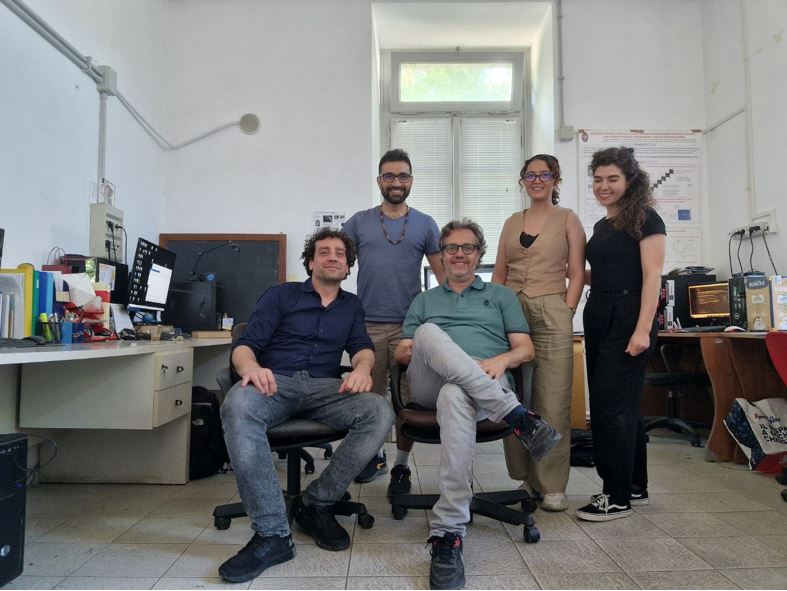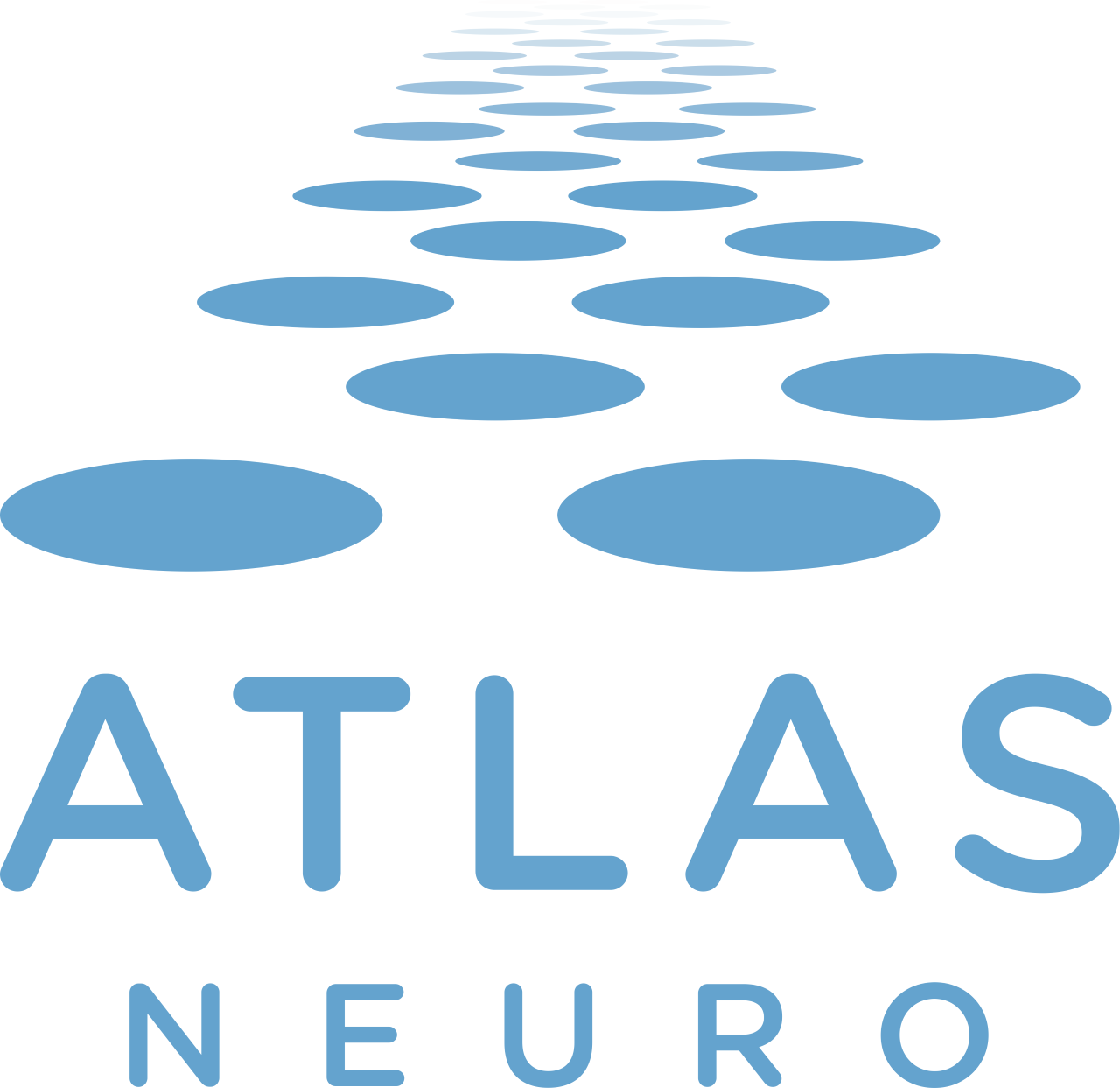ESR 4
Multi-scale neural networks dynamic and cognitive brain-computer interfaces
- Early Stage Researcher 4 (ESR 4) name: Seyed Mojtaba Alavi
Email address: mojtaba.alavi@isc.cnrs.fr
Personal Information:
I studied for my master's in Artificial Intelligence at Shahid Rajaee University, Tehran Iran. The general theme of my master's project was neural modelling of the basal ganglia in Parkinson’s disease state. While finishing my thesis, I felt interested in experimentally testing one of the hypotheses that came out of my project. So, I joined the Rodent Electrophysiology Lab at the School of Cognitive Sciences (SCS), Institute for Research in Fundamental Sciences (IPM) in Tehran, Iran. There, we tried to find the effect and relation of T-type calcium channels and their relative neuronal bursting behaviour on pathological oscillations in rats with Parkinson's disease. Thanks to joining this Lab, I have been trained in laboratory skills such as surgery, electrophysiology recording, and microinjections into the brain.
Meanwhile, after reviewing the literature about my projects, I got acquainted with decision-making topics. Especially, the relation between the uncertainty of the decisions and neuronal mechanism of the cortical and subcortical areas of the brain. I was enthused to figure out this mechanism by manipulating the decisions using neurofeedback fMRI and electrophysiology.
- Host Institution: Institut des sciences cognitives Marc Jeannerod, CNRS & University of Lyon, France
- Planned secondments, in 2024:
(1) Sapienza University of Rome

During a one-week visit to Sapienza University in Rome, I worked closely with Dr. Fabio Di Bello to explore how the brain suppresses distracting visual stimuli during attention tasks. We focused on understanding proactive and reactive suppression mechanisms in the frontal cortex using data from trained monkeys, and how these processes are influenced by pharmacological modulation. This visit enriched my scientific approach and fostered collaborative links within the In2PrimateBrain network.
(2) The University of Western Ontario
- Supervisors: Dr S. Ben Hamed, Dr E. Procyk, Dr C. Wilson
- Project title: Multi-scale neural networks dynamic and cognitive brain-computer interfaces
- Project description:
Understanding how hierarchies of small to large scale networks of neurons and areas contribute to higher brain functions necessitates access to the brain with multimodal and spatial and temporal multiscale approaches. The multiscale approach is expected to provide a unique understanding of short and long term plasticity mechanisms and small to large scale network reorganizations during the unfoldment, the degeneration or the repair of cognitive functions. It will also boost the development of artificial cognitive systems, of cognitive brain-machine interfaces, and will naturally produce multimodal monitoring tools transferable to clinical settings. Statistical decoding of uni- or multi-modal brain signatures will be used to track decision-making functions in the lateral frontal, medial and parietal cortex and test their overlap with signatures related to voluntary selection and production of behavioural responses. The selective signatures will be used in a closed-loop design to test the impact of neurofeedback training on the regulation of voluntary behaviours.
- Contract end date within IN2PB: 30 September 2024
- Thesis defence date: Extension of PhD contract until the end of September 2026. Defence date will be in fall 2026.
Contact: email Dr Hamed
More Information:
















